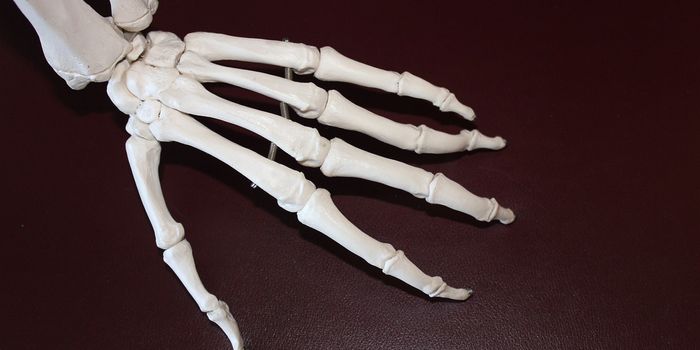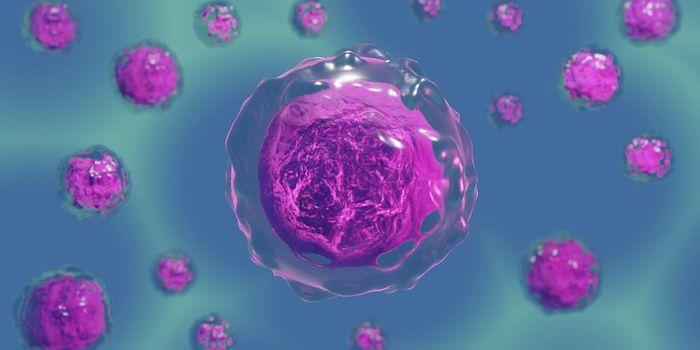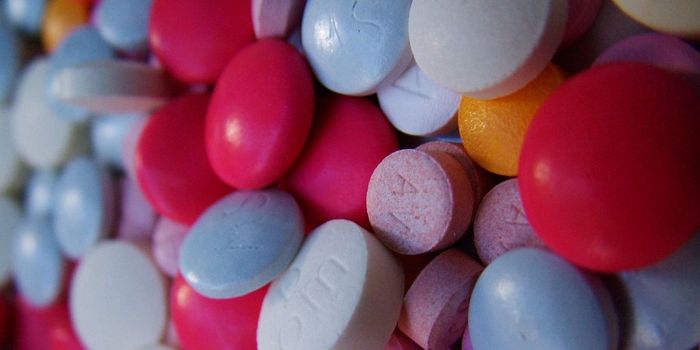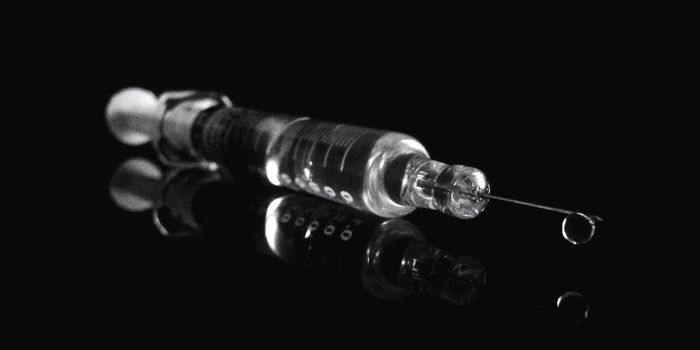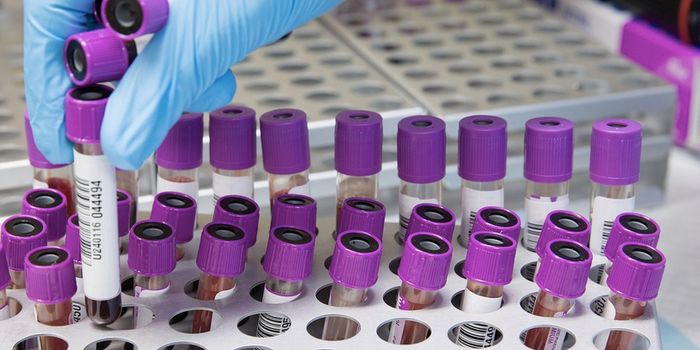How Bacteria Can Keep Intestinal Inflammation in Check
We need bile acids to help us digest food and absorb nutrients. New research has shown how bile acids modified by bacteria also play a critical role in the regulation of immunity and inflammation in the gut. This work, which has been reported in Nature as well as Cell Host & Microbe, may shed new light on ulcerative colitis and Crohn's disease. The presence of certain gut bacteria and the production of their immune-influencing molecules was also determined to be significantly decreased in inflammatory bowel disease (IBD) patients.
The gut hosts a community of trillions of microbes that have been shown to have a crucial impact on human health, and our immune system. This work has provided "a novel mechanistic insight into how these bacteria work to mediate immune regulation in the gut," said co-study leader Jun Huh, associate professor of immunology at Harvard Medical School (HMS).
Research that utilized stool samples from a mouse model and human volunteers revealed more about the microbes that influence immunity.
Gut bacteria were found to convert a secondary bile acid called lithocholic acid into another molecule, 3-oxoLCAm and a common gut metabolite called isolithocholic acid (isoLCA). These bile acids can then interfere with the function of cells called T helper cells expressing interleukin-17A (TH17 cells). Both 3-oxoLCA and isoLCA suppressed TH17 cell differentiation. Thus, gut bacteria and bile acids they generate could be related to inflammatory disorders of the gut.
The researchers also determined that people with disorders that involve inflammation in the gut, such as ulcerative colitis or Crohn's disease, have far fewer anti-inflammatory molecules, and not as many bacterial genes that encode for those molecules.
If small molecules can be produced that can mimic the effect of these bacterial molecules, or the gut microbiome can be supplemented with the right kind of bacteria, it may be possible to treat inflammatory disorders in the gut.
The "molecules and the bacterial genes that we discovered that produce these molecules are reduced in patients with IBD," said study co-leader Sloan Devlin, assistant professor of biological chemistry and molecular pharmacology at HMS. "Restoring the presence of either the compounds or the bacteria that make them offers a possible therapeutic avenue to treat a range of inflammatory diseases marked by these deficiencies and affecting millions of people worldwide."
Sources: Harvard Medical School, Nature, Cell Host & Microbe


